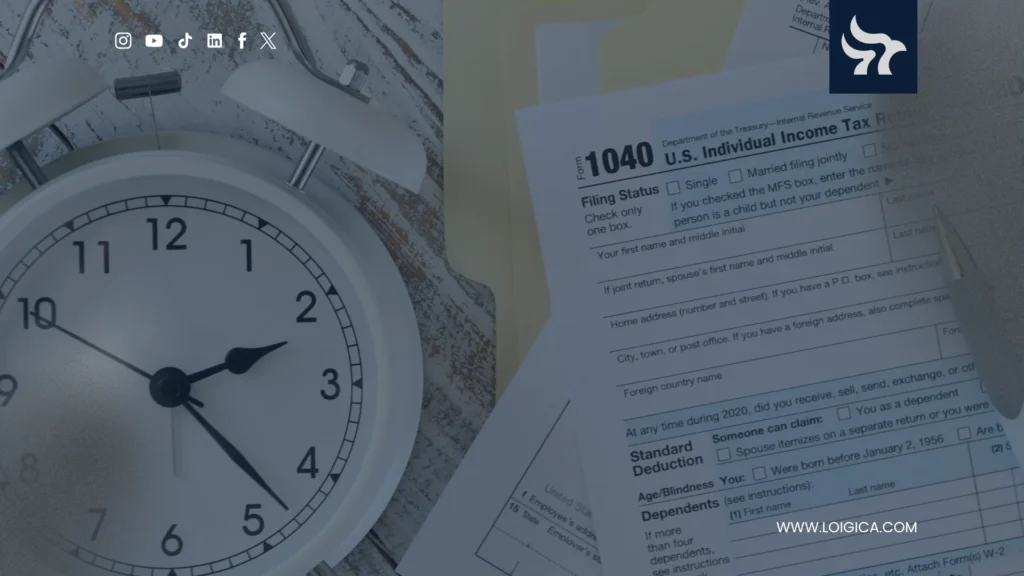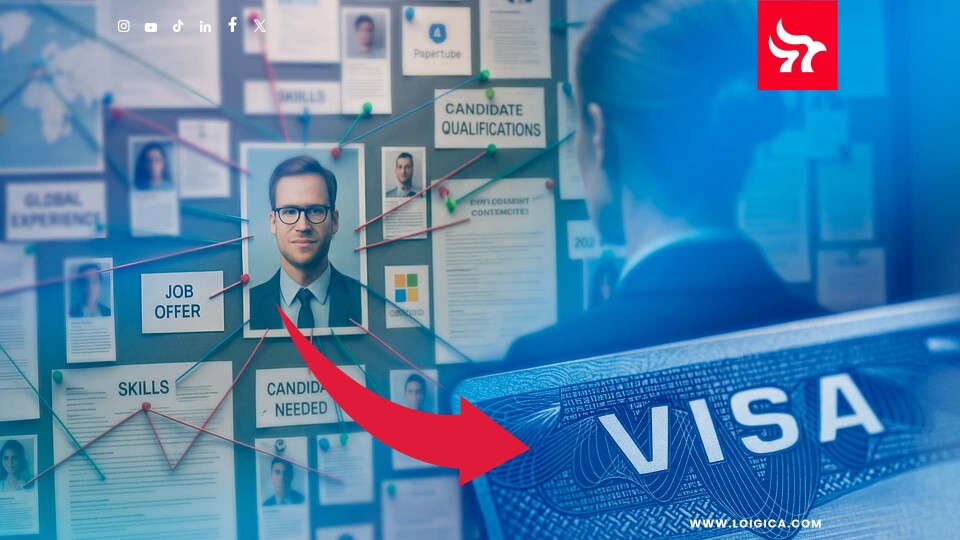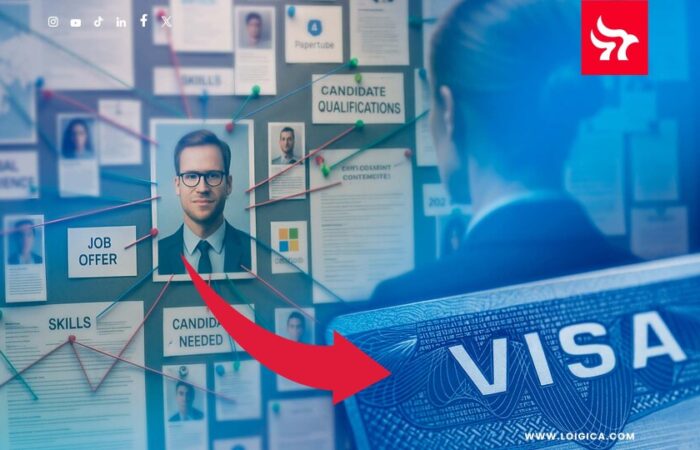Think of a scene from The Office (U.S. version) where a new employee joins Dunder Mifflin, and everyone is watching closely to see if they’ll fit in, deliver results, and handle the company’s pace. In real life, employers in the U.S. sponsoring an H-1B visa are looking for exactly that: talent that not only masters their field but also adapts to the U.S. work culture and comes with a predictable, compliant immigration status.
Expectations vary depending on the candidate’s origin. Professionals from Latin America often bring creativity and adaptability but may need guidance in U.S. corporate processes. Candidates from Asia frequently have strong technical skills and experience in large organizations, yet might need support in communication and cultural integration. European professionals typically navigate language and corporate protocols well, though their experience still needs to translate effectively to the U.S. context to show immediate impact.
What makes a candidate truly attractive is a combination of specialized skills, verifiable results, and adaptability. A software developer, for instance, who can demonstrate measurable project achievements, integrate into a team independently, and maintain fully documented legal eligibility is highly sought after. On the other hand, unrealistic expectations about position or salary, incomplete documentation, or unfamiliarity with the U.S. job market can disqualify even the most talented professionals.
According to USCIS and the Department of Labor, employers sponsoring H-1B visas prioritize candidates who fill specialty occupations where local talent is scarce. They expect a clear record of professional accomplishments and documentation that supports legal compliance. The visa is more than paperwork; it’s an investment for the company, with the expectation that the candidate’s contribution justifies the sponsorship.
In short, an H-1B visa is not just a permit to work—it’s a strategic partnership between the employer and the candidate. Your role is to demonstrate that you can deliver value from day one, integrate into a new environment, and maintain legal compliance, ensuring that the employer’s investment has a measurable return.
Ready to take your next step?
Let’s talk. Our team is here to help you present your case with clarity, strategy, and impact—both to U.S. immigration and to the world.
✉ marketing@loigica.com | 🌐 www.loigica.com
This blog was written with asistance of generative AI. It is provided for informational purposes only. It does not constitute legal advice. The information presented here is based on general principles of U. S. immigration laws, as well as general information available for public search on public matters, as of the date of publication. Immigration laws and regulations are subject to change and individual circumstances may vary. If you need expert counceling on immigration matters, contact one of our attorneys.

Tax Season 2026: Key Dates, IRS Filing Updates, and What Business Owners Must Know

How to Avoid Piercing the Corporate Veil: Proper Assets Separation



